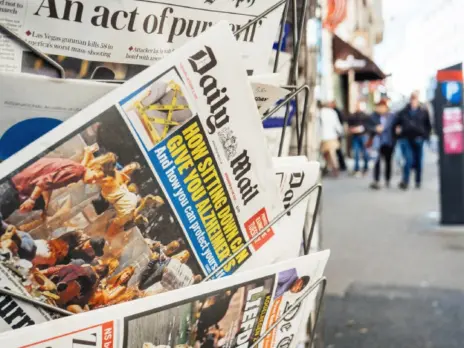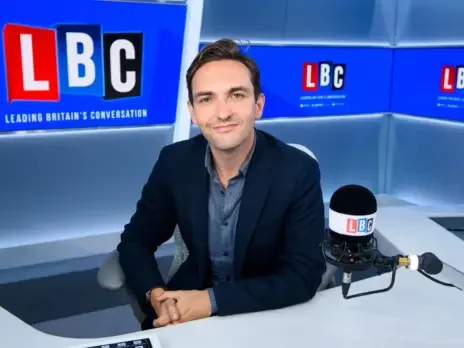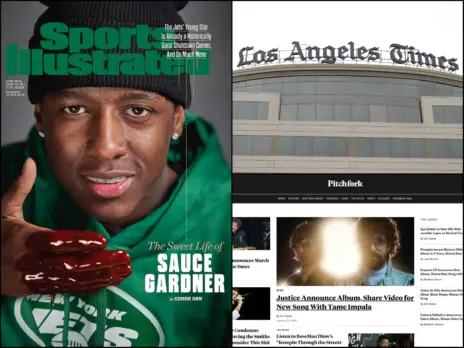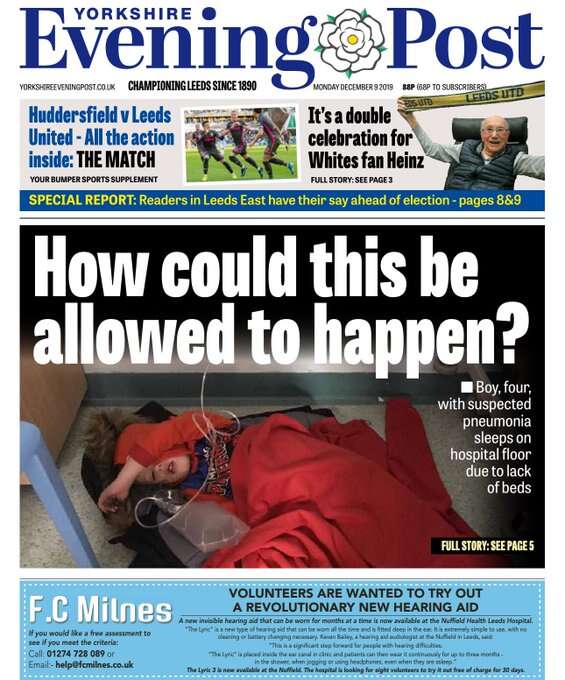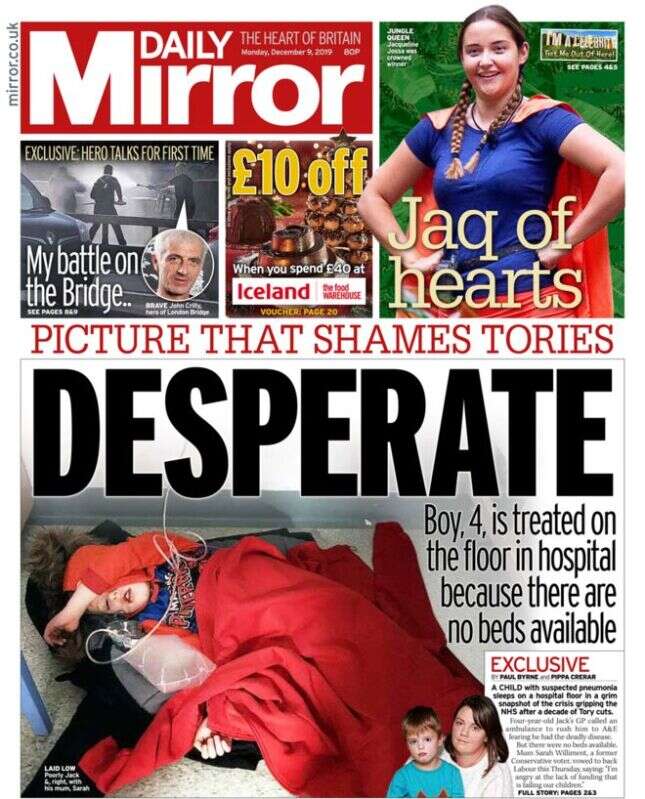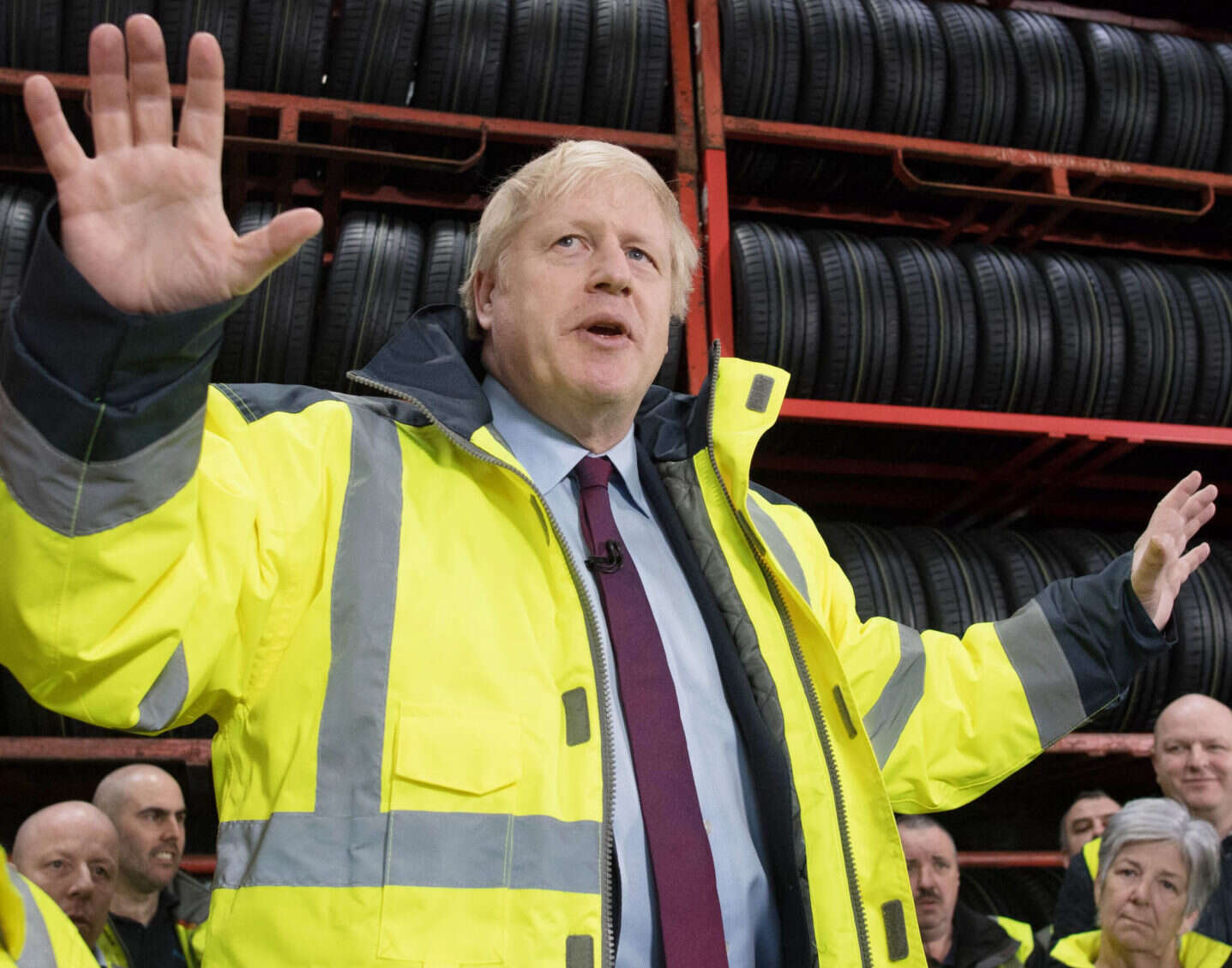
Boris Johnson said today he is considering scrapping the BBC licence fee altogether, although the current system will remain in place until 2027.
The Prime Minister said he was unable to create policy “on the hoof” about the licence when questioned about it during a visit to a factory in Sunderland, but called the BBC’s funding model into question.
The corporation came under fire earlier this year over its decision to cut the number of free TV licences for over-75s in the UK.
Johnson said: “How long can you justify a system whereby everybody who has a TV has to pay to fund a particular set of TV and radio channels?”
Asked why he does not abolish all TV licence fees, Johnson said: “I don’t think at this late stage in the campaign I’m going to make an unfunded spending commitment like that.
“But what I certainly think is that the BBC should cough up and pay for the licences for the over-75s as they promised to do. But at this stage we are not planning to get rid of all TV licence fees, though we are certainly looking at it.
“What I will say is that – I’m under pressure not to extemporise policy on the hoof – but you have to ask yourself whether that kind of approach to funding a TV, a media organisation still makes sense in the long-term given the way other organisations manage to fund themselves. That’s all I will say.
“I think the system of funding by what is effectively a general tax, everybody who has a TV, it bears reflection, let me put it that way. How long can you justify a system whereby everybody who has a TV has to pay to fund a particular set of TV and radio channels? That is the question.”
A BBC spokesperson said in response: “As we’ve said before, the licence fee ensures a universal BBC which serves everyone, is the most popular funding system among the public and is agreed as the method of funding the BBC for another 8 years.”
The current Royal Charter, the constitutional basis for the BBC, began on 1 January 2017 and will run until the end of 2027.
It exempts the licence fee funding model from being changed until the end of the current charter period.
The BBC’s licence fee income, which came to £3.7bn last year, is currently set to rise in line with inflation until 2022.
The corporation has said funding free TV licences for all over-75s would cost an estimated £745m per year. Under its new plans, only those on Pension Credit are eligible, cutting the cost to £250m a year.
The BBC said the change would require it “to divert some spending on programmes and services alongside continuing to find new savings while expanding its commercial revenue to cope”.
It added: “The decision does, however, prevent unprecedented closures of services which would have been required had we copied the government’s scheme.”
The National Union of Journalists condemned Johnson’s comments, saying it was “clear” he had “little regard for the future of the BBC, a public service broadcaster renowned and respected around the world”.
NUJ general secretary Michelle Stanistreet said: “Any talk of scrapping the licence fee without a credible alternative of funding quality public service broadcasting that informs, educates and entertains shows contempt for journalism and for the wider creative industries.”
Earlier today, Johnson pocketed an ITV reporter’s phone when they used it to show him an image of a four-year-old boy with suspected pneumonia lying on coats on a hospital floor because of a lack of beds.
The photo was first published by the Yorkshire Evening Post yesterday, and today’s Daily Mirror splashed on it.
Joe Pike asked the PM whether he had seen the photo and tried to show it to him on his phone. Out of sight of ITV’s camera, Johnson then took the phone from Pike and puts it in his pocket.
The journalist soon said: “You refused to look at the photo. You’ve taken my phone and put it in your pocket, Prime Minister. His mother says the NHS is in crisis, what’s your response?”
Johnson can then be seen in the footage of the interview taking the phone out of his pocket. He subsequently described the image as “terrible”.
Tried to show @BorisJohnson the picture of Jack Williment-Barr. The 4-year-old with suspected pneumonia forced to lie on a pile of coats on the floor of a Leeds hospital.
The PM grabbed my phone and put it in his pocket: @itvcalendar | #GE19 pic.twitter.com/hv9mk4xrNJ
— Joe Pike (@joepike) December 9, 2019
Picture: Stefan Rousseau/PA Wire
Email pged@pressgazette.co.uk to point out mistakes, provide story tips or send in a letter for publication on our "Letters Page" blog

